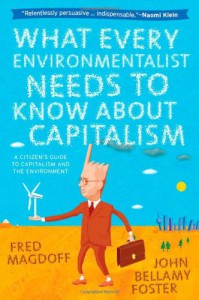“The Global Stagnation and China”, (coauthored with Robert W. McChesney, Foster listed first), Monthly Review, vol. 63, no 9 (February 2012), pp. 1-28. DOI: 10.14452/MR-063-09-2012-02_1
Five years after the Great Financial Crisis of 2007–09 began there is still no sign of a full recovery of the world economy. Consequently, concern has increasingly shifted from financial crisis and recession to slow growth or stagnation, causing some to dub the current era the Great Stagnation. Stagnation and financial crisis are now seen as feeding into one another.… To be sure, a few emerging economies have seemingly bucked the general trend, continuing to grow rapidly—most notably China, now the world’s second largest economy after the United States. Yet, as [IMF Managing Director Christine] Lagarde warned her Chinese listeners, “Asia is not immune” to the general economic slowdown, “emerging Asia is also vulnerable to developments in the financial sector.” So sharp were the IMF’s warnings, dovetailing with widespread fears of a sharp Chinese economic slowdown, that Lagarde in late November was forced to reassure world business, declaring that stagnation was probably not imminent in China (the Bloomberg.com headline ran: “IMF Sees Chinese Economy Avoiding Stagnation.”)
Translations:
- Spanish translation in Marxismo Critico, November 16, 2012.
- Italian translation in Pantarossa, October 5, 2015.


